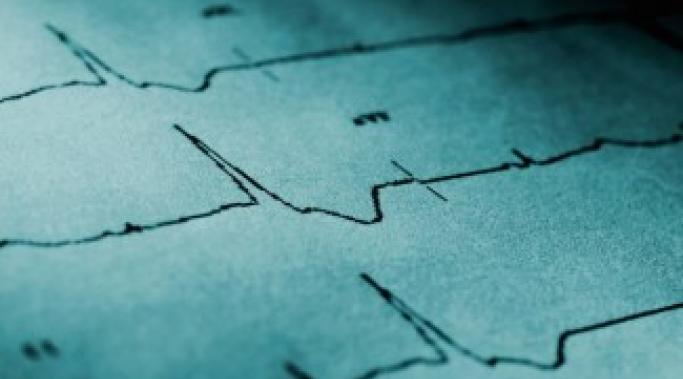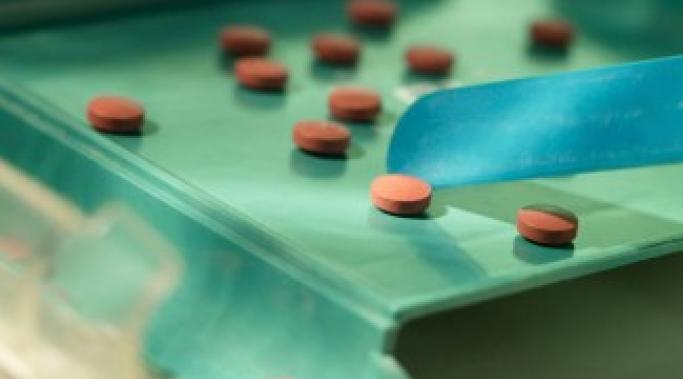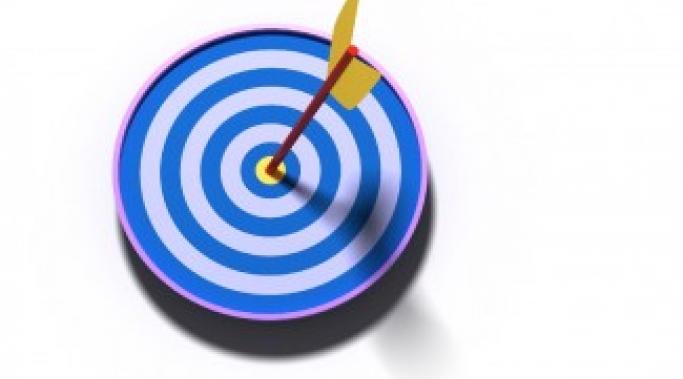It seems like there are 1000 things I can’t do because of bipolar disorder, but what I’ve learned is that I need to focus on what I can do with bipolar disorder, not what I can’t. Because there are things we all can do. We often take those things for granted – but they are still there. We all have a “can” list and a “can’t” list. We, with bipolar, need to focus on our “can” lists.
Bipolar Video
I hear from many people who are suicidal and these people give many reasons for suicide; but these reasons for suicide are typically lies from their brains called cognitive distortions. For example, one lie might be the idea that everyone is a selfish liar, or, put more simply, everyone is “bad” and the suicidal person cannot live in a world where everyone is bad. I think it’s really important to address this because, certainly, if you really did think everyone was selfish or everyone was a liar then being suicidal would be much more natural. But the fact Is, this (and other) reasons for suicide are false.
Last week, I discussed the good, the bad and the ugly of what my stay at a psych hospital was like. While my experiences at were both good and bad, I did learn from my stay at the psych hospital.
I don’t like New Year’s resolutions, in general. This is because people tend to resolve to do pie-in-the-sky type things that they don’t have a hope in heck of doing. New Year’s resolutions turn into more like a wish list to be granted by a deity than goals any one person can achieve. But there are ways of making New Year’s resolutions that you can stick to and here’s how – create SMART resolutions.
Electroconvulsive therapy (ECT) is the most effective treatment available for bipolar (or unipolar) depression (Around 78% of people who get ECT show improvement, according to an United States Food and Drug Administration analysis, this is much higher than any drug.) but ECT is often thought of as a treatment of last resort. This is the case because of concerns over possible, serious ECT side effects like amnesia. But if ECT is the treatment of last resort, what do you do if that treatment fails?
People judge others. It’s just what we do. It’s basic human psychology. We judge them as beautiful or not. We judge them as happy or not. And fairly frequently, we judge them as being successful or not.
And this goes for people with bipolar disorder too. Often people look at the lives of others with bipolar disorder and determine whether they are “well” or “sick” and how successful that person with bipolar disorder really is.
There’s just one problem with this: looking at a person with bipolar from the outside only tells half the story (if that).
In a traditional model of bipolar disorder, a mood episode (depression/mania/hypomania) lasts (untreated) for a prolonged period of time. Typically, an episode will last from weeks to months. In a traditional model, people with untreated bipolar disorder only experience three or fewer mood episodes per year.
To many people that actually sounds like a great blessing because, for many people, mood changes come far more rapidly. People who experience more than three mood episodes per year have what’s known as rapid cycling bipolar disorder. People who have moods that only last days have ultra-rapid cycling bipolar disorder.
And people whose bipolar moods last less than that? That’s known as ultradian cycling bipolar disorder.
There is legislation in the United States that prevents people from being discriminated against based on an illness - and this includes mental illness. So, then, there should be no discrimination against those with bipolar disorder in the workplace. Right?
Would it surprise you to know that I think there is a miracle medication in bipolar disorder? I’ve taken it. And yes, it was a miracle for me. I remember going from suicidal ever day of my life to wanting to do a life-affirming skydive.
The problem is, the “miracle” medication is different for each person.
Last night, I was on a bipolar discussion panel. People had a chance to write in questions and one of the questions we were asked was, "what is the best bipolar treatment."









